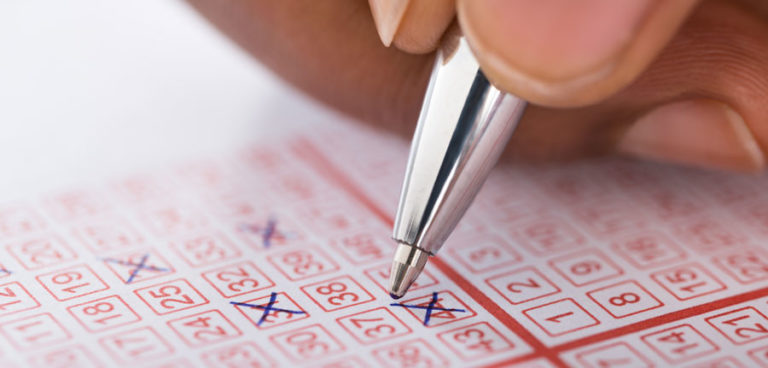Considering your odds of ever winning the lottery, buying tickets can appear to be a wasted effort. But in spite of these unwelcoming chances, people from all over the world continue to buy tickets for every single draw. By analyzing the psychology behind this pattern, your decision to continue purchasing tickets is perfectly in line with specific reactions we are wired with. In this article, we are going to tell you about the main psychological reasons why we will always believe that lottery tickets can bring us great wealth one day.
1. The Availability Bias
We base our perception of the lottery on the information that we get about it. Considering how the game is depicted in the masterful lottery commercials that we are surrounded with, it appears to be absolutely limitless and most importantly, it seems to be able to make everybody a winner. While it is perfectly true that each and every single player has a chance to scoop the jackpot, there will only be a single set of winning numbers at the end of the draw.
However, we will instinctually associate the lottery with people holding giant cheques, with Nicholas Cage changing Bridget Fonda’s life in “It Could Happen to You”, and with the lottery ball storm in the US Powerball TV ads. This, in fact, can have a positive effect on our lives because having something to look forward to and to hope towards can make all the difference in the world. Moreover, one day you might just realize that you have the winning numbers for that grand jackpot on your ticket, and then things will change in an entirely different way.
2. The Near Miss Effect
When playing the lottery, people don’t aim for the $1 million second prize, and least of all for the third, fourth, or fifth division prize, usually worth less than $1,000. People put in their tickets hoping to win big. It’s that jackpot worth millions and millions of dollars that everybody is chasing. And while the vast majority of players do not get all the winning numbers for the grand prize, there are quite a few of them who do guess some of the numbers, which entitles them to lower-division prizes.
Even though these are not the objective that players set, they will make them feel that they were extremely close to getting that enormous jackpot all for themselves. And this is an extremely powerful stimulus because it generates the desire to reproduce the event with hope for a better outcome. Winning even the smallest prize will keep lottery players trying for the jackpot again and again.
3. The Perception of Probability
Our perception of numbers genetically prohibits us to properly comprehend the meaning of lottery odds. When playing the US Powerball, you have a chance in 292 million to scoop the jackpot, but can you actually visualize what these odds mean? The answer is entirely in quotas. While we can grasp small numbers in great detail, the larger ones may not be as easy to deal with because we have never seen such gargantuan proportions displayed.
For instance, we can all picture 10, 100, and even 1,000 soldiers with quite some detail because we have seen 10, 100, or even 1,000 people standing together. Since we have a memory to associate this with, we can process it efficiently. But what about an entire army? This we are not equipped to take in properly. And this is where the quotas come in. We can understand what odds of 1 in 10, 100, or even 1,000 mean, but as the odds get bigger, our perception of them gets blurrier. Sensing the difference between odds of 1 in 300,500 and odds of 1 in 292,000,000 is almost impossible because both of these are far more than we can visualize.
Taking these aspects into consideration, our interest in the lottery is based on cold hard facts and it is perfectly normal. Buying that lottery ticket in spite of the enormous odds could get to do you a lot of good, even if you don’t win a single cent because it will give you hope. This is what the lottery is really about, hope. So, think about that the next time that you buy a lottery ticket and your experience will be fantastic! Good luck!

